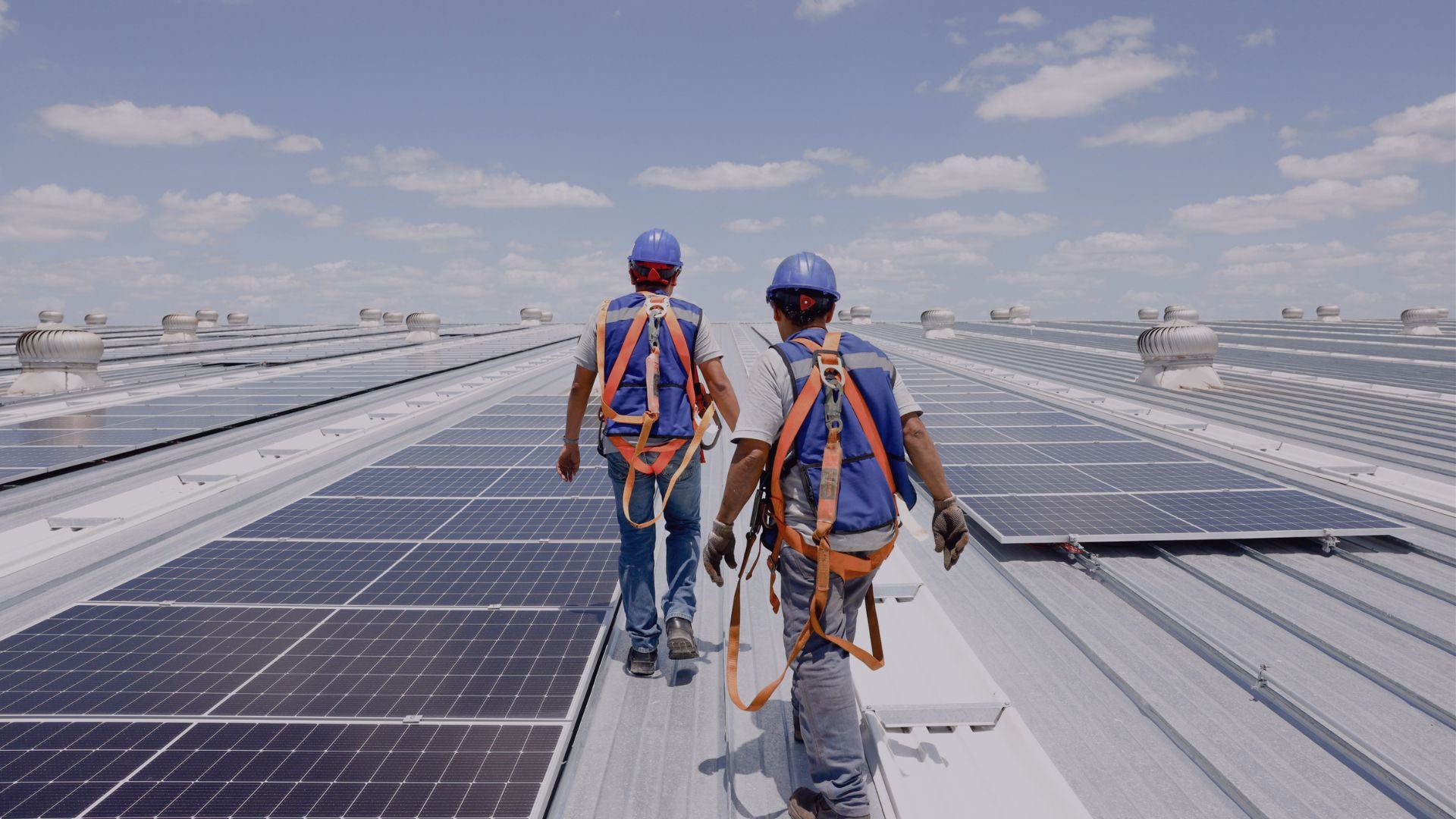
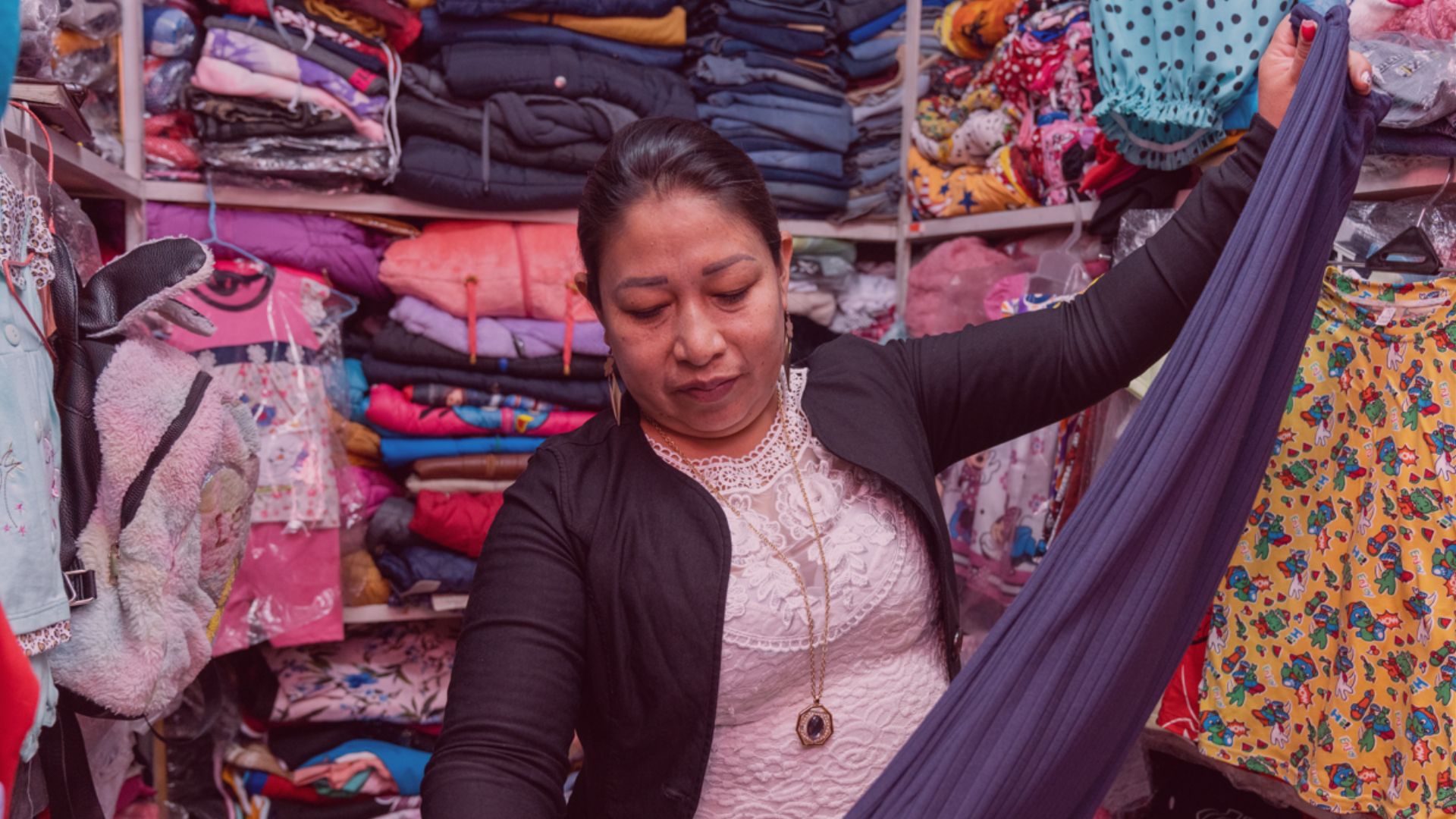

Press Release
FinDev Canada commits USD 50 million to Khan Bank to strengthen sustainable development in Mongolia
FinDev Canada is Canada’s bilateral Development Finance Institution (DFI), supporting development through the private sector. We provide financing, investment, and blended finance solutions, as well as technical assistance and advisory, to promote sustainable and inclusive growth in emerging markets and developing economies (EMDEs) aligned with the Sustainable Development Goals (SDGs) and Paris Agreement commitments.
- Image

Our role
Our role as a development finance institution is to stimulate inclusive and sustainable economic growth and development through financing to and investments in the private sector.
We look to mobilize private sector investment in developing markets to support our three development goals: gender equality, climate and nature action and market development.
Our role as a development finance institution is to stimulate inclusive and sustainable economic growth and development through financing to and investments in the private sector.
We look to mobilize private sector investment in developing markets to support our three development goals: gender equality, climate and nature action and market development.
We achieve this by focusing on three primary sectors: the financial industry, sustainable infrastructure and agribusiness, forestry and their value chains.
FinDev Canada offers financial solutions such as debt, equity and guarantees to clients operating in developing countries that demonstrate sustainable social and economic benefits for local communities.
We also offer non-financial support through our Technical Assistance Facility.
- Image
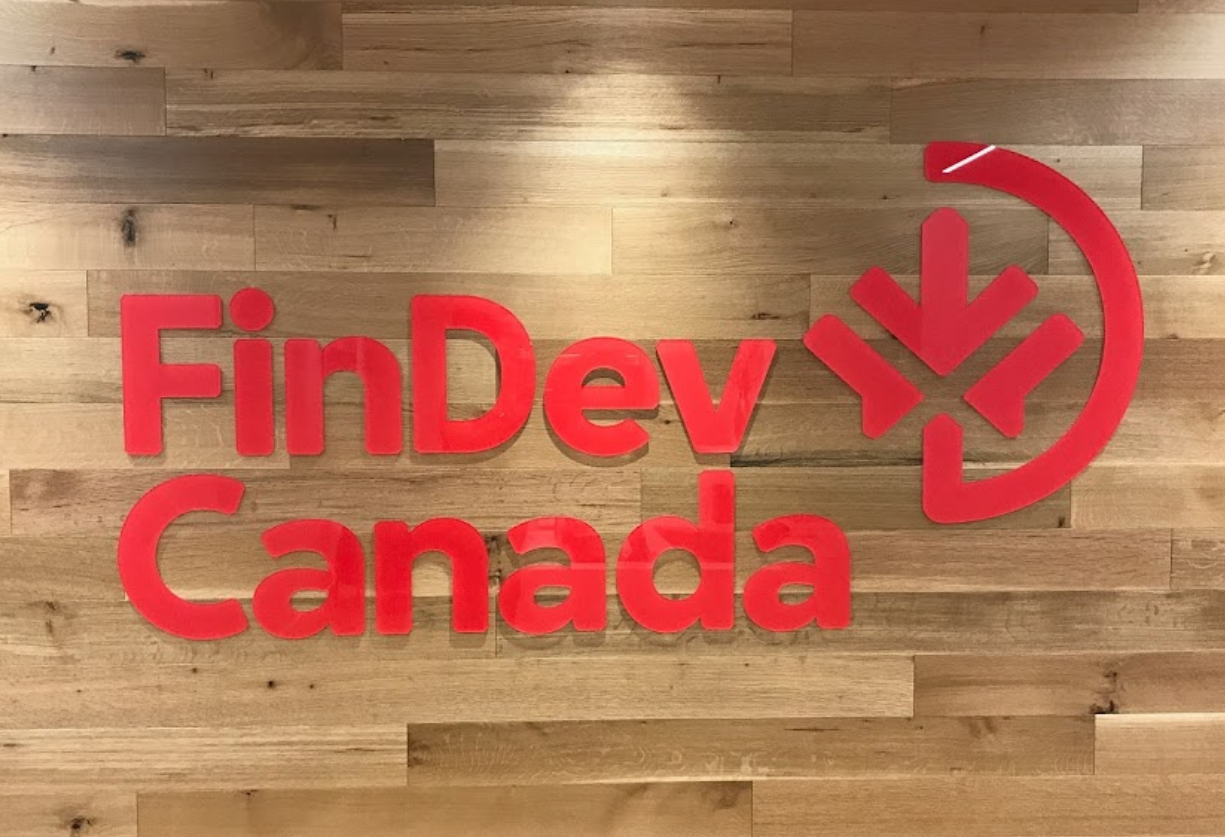
Our story
Recognizing the importance of the private sector, the Government of Canada established a bilateral Development Finance Institution. In 2015, the creation of a development finance institution was ratified by the parliament. The Government’s intention to launch a DFI is announced in the 2015 Economic Action Plan.
Recognizing the importance of the private sector, the Government of Canada established a bilateral Development Finance Institution. In 2015, the creation of a development finance institution was ratified by the parliament. The Government’s intention to launch a DFI is announced in the 2015 Economic Action Plan.
In January 2018, Canada’s development finance institution (Development Finance Institute Canada (DFIC) Inc. – or FinDev Canada) opened for business with a mandate to support the growth and sustainability of the private sector in developing markets.
FinDev Canada enabled Canada to complement its existing suite of international assistance tools and join its G7 partners in having a DFI supporting development through the private sector in developing countries.
- Image
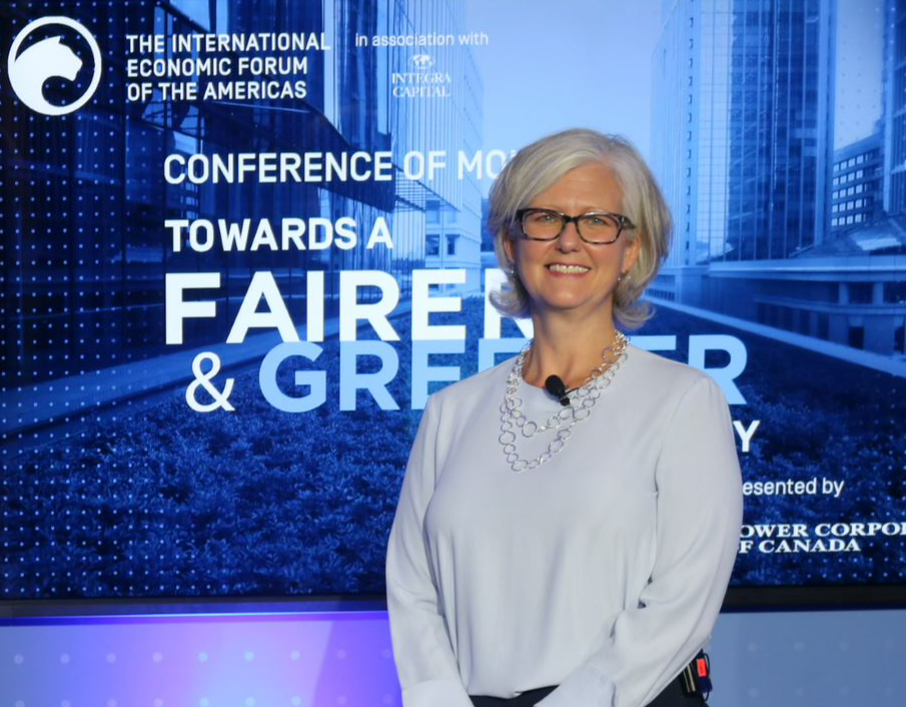
The role of DFIs
In today’s increasingly complex world, development finance is needed more than ever to drive sustainable and inclusive economic growth. DFIs are an important tool in this regard, providing financial services aimed at growing the local private sector in developing countries.
In today’s increasingly complex world, development finance is needed more than ever to drive sustainable and inclusive economic growth. DFIs are an important tool in this regard, providing financial services aimed at growing the local private sector in developing countries.
The pandemic wiped out more than four years of progress on poverty eradication and pushed 93 million more people into extreme poverty in 2020.
Development finance institutions can help mobilize private capital by bridging knowledge gaps and offering blended finance opportunities that help crowd in private capital.
- Image
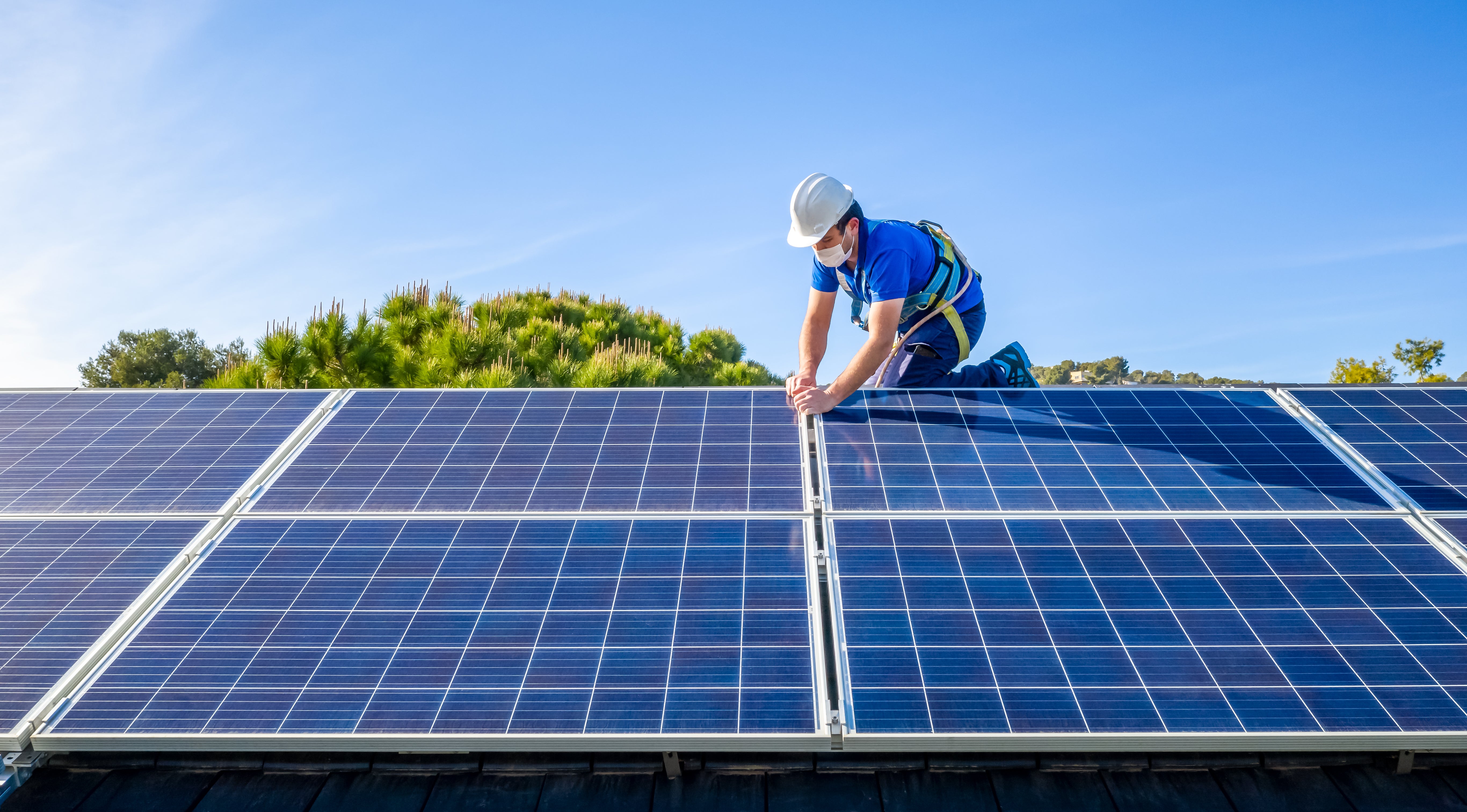
Climate and nature action
Climate and nature action is one of FinDev Canada’s three development impact goals and plays a key role in the realization of our mandate. We recognize that climate and nature action is a global systemic issue that disproportionately affects developing countries, especially women and other vulnerable populations.
Climate and nature action is one of FinDev Canada’s three development impact goals and plays a key role in the realization of our mandate. We recognize that climate change is a global systemic issue that disproportionately affects developing countries, especially women and other vulnerable populations.
DFIs can help facilitate the transition to a low-carbon economy by mobilizing and directing capital to support decarbonization. We recognize that actions on climate change mitigation, adaptation and resilience represent a multi-trillion dollar investment opportunity with multiple co-benefits, such as job creation, economic stability and innovation.
We actively seek investments that contribute to the reduction of greenhouse gas emissions, the protection of biodiversity and the increase of adaptation and resilience measures in our target geographies, which are among the most vulnerable regions to the effects of climate change.
- Image
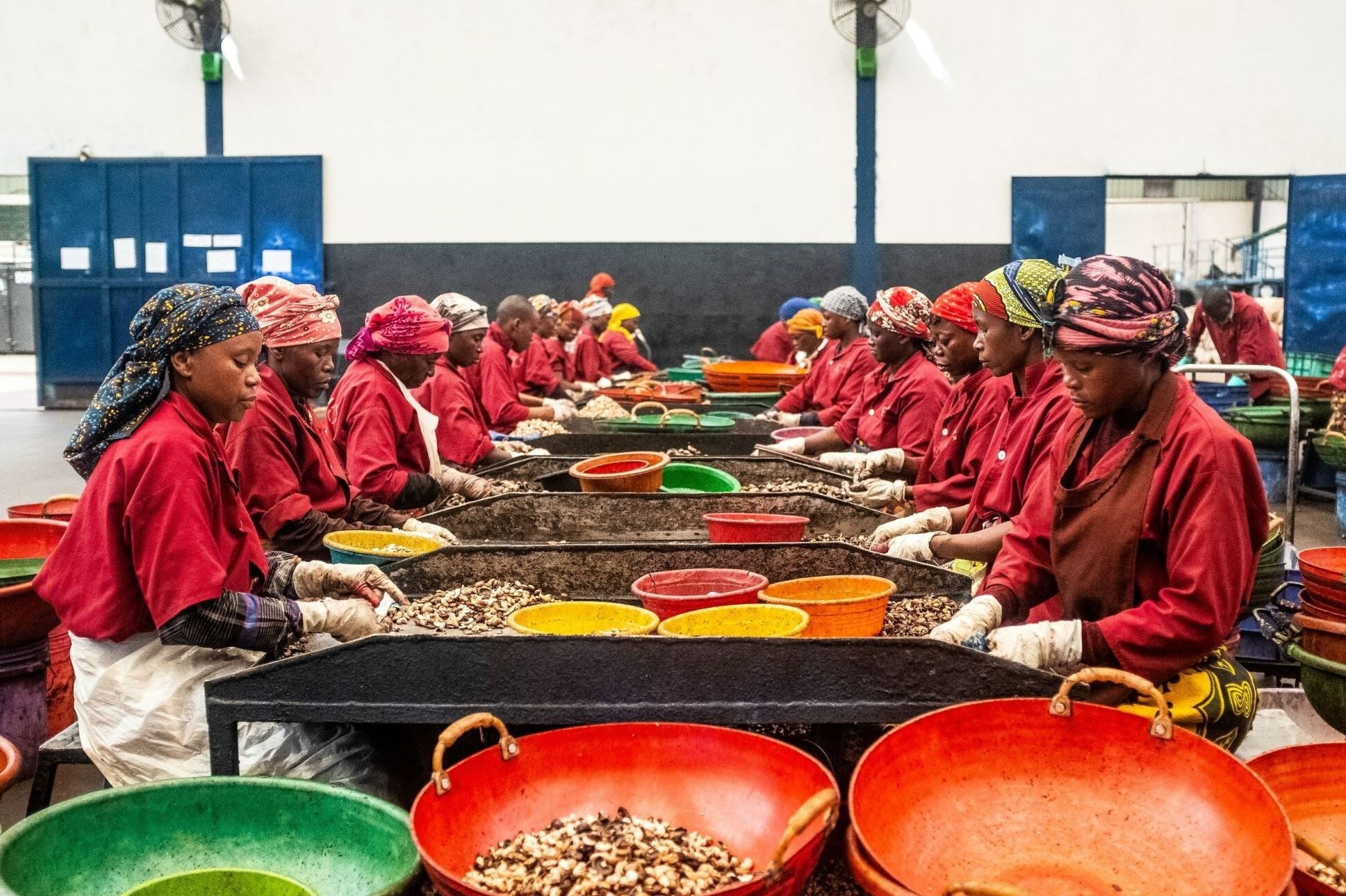
Gender equality
Gender equality is a strategic priority for FinDev Canada. As a DFI working through the private sector, we see women's economic empowerment as the primary mode through which we can contribute to achieving gender equality.
Gender equality is a strategic priority for FinDev Canada. As a DFI working through the private sector, we see women’s economic empowerment as the primary mode through which we can contribute to achieving gender equality.
We apply a gender lens to all our transactions and consider this approach as a key enabler of our objective to reduce poverty and achieve a more stable and prosperous future, but also as an asset to drive business performance in our portfolio.
We target investments in businesses that are owned or led by women, businesses that provide decent work to women, businesses that provide women access to basic services and economic empowerment tools, as well as funds or financial intermediaries supporting these businesses.
- Image
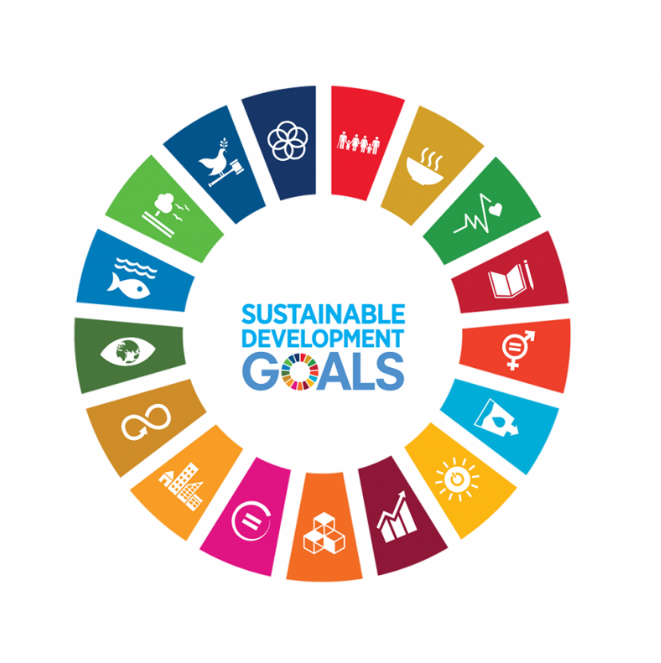
Our commitments
Our approach to development impact is aligned with the United Nations Sustainable Development Goals (SDGs) and the Paris Agreement.
Our approach to development impact is aligned with the United Nations Sustainable Development Goals (SDGs) and the Paris Agreement.
The COVID-19 pandemic, global conflicts, the economic turndown, social unrest and global climate stresses all had negative effects in achieving the SDGs.
On climate finance, we need at least USD 4.3 trillion in annual finance flows by 2030 to avoid the worst impacts of climate change.
Learn more about the contribution we have on the SDGs in our portfolio dashboard.

Our role
Our role as a development finance institution is to stimulate inclusive and sustainable economic growth and development through financing to and investments in the private sector.
We look to mobilize private sector investment in developing markets to support our three development goals: gender equality, climate and nature action and market development.
Our role as a development finance institution is to stimulate inclusive and sustainable economic growth and development through financing to and investments in the private sector.
We look to mobilize private sector investment in developing markets to support our three development goals: gender equality, climate and nature action and market development.
We achieve this by focusing on three primary sectors: the financial industry, sustainable infrastructure and agribusiness, forestry and their value chains.
FinDev Canada offers financial solutions such as debt, equity and guarantees to clients operating in developing countries that demonstrate sustainable social and economic benefits for local communities.
We also offer non-financial support through our Technical Assistance Facility.

Our story
Recognizing the importance of the private sector, the Government of Canada established a bilateral Development Finance Institution. In 2015, the creation of a development finance institution was ratified by the parliament. The Government’s intention to launch a DFI is announced in the 2015 Economic Action Plan.
Recognizing the importance of the private sector, the Government of Canada established a bilateral Development Finance Institution. In 2015, the creation of a development finance institution was ratified by the parliament. The Government’s intention to launch a DFI is announced in the 2015 Economic Action Plan.
In January 2018, Canada’s development finance institution (Development Finance Institute Canada (DFIC) Inc. – or FinDev Canada) opened for business with a mandate to support the growth and sustainability of the private sector in developing markets.
FinDev Canada enabled Canada to complement its existing suite of international assistance tools and join its G7 partners in having a DFI supporting development through the private sector in developing countries.

The role of DFIs
In today’s increasingly complex world, development finance is needed more than ever to drive sustainable and inclusive economic growth. DFIs are an important tool in this regard, providing financial services aimed at growing the local private sector in developing countries.
In today’s increasingly complex world, development finance is needed more than ever to drive sustainable and inclusive economic growth. DFIs are an important tool in this regard, providing financial services aimed at growing the local private sector in developing countries.
The pandemic wiped out more than four years of progress on poverty eradication and pushed 93 million more people into extreme poverty in 2020.
Development finance institutions can help mobilize private capital by bridging knowledge gaps and offering blended finance opportunities that help crowd in private capital.

Climate and nature action
Climate and nature action is one of FinDev Canada’s three development impact goals and plays a key role in the realization of our mandate. We recognize that climate and nature action is a global systemic issue that disproportionately affects developing countries, especially women and other vulnerable populations.
Climate and nature action is one of FinDev Canada’s three development impact goals and plays a key role in the realization of our mandate. We recognize that climate change is a global systemic issue that disproportionately affects developing countries, especially women and other vulnerable populations.
DFIs can help facilitate the transition to a low-carbon economy by mobilizing and directing capital to support decarbonization. We recognize that actions on climate change mitigation, adaptation and resilience represent a multi-trillion dollar investment opportunity with multiple co-benefits, such as job creation, economic stability and innovation.
We actively seek investments that contribute to the reduction of greenhouse gas emissions, the protection of biodiversity and the increase of adaptation and resilience measures in our target geographies, which are among the most vulnerable regions to the effects of climate change.

Gender equality
Gender equality is a strategic priority for FinDev Canada. As a DFI working through the private sector, we see women's economic empowerment as the primary mode through which we can contribute to achieving gender equality.
Gender equality is a strategic priority for FinDev Canada. As a DFI working through the private sector, we see women’s economic empowerment as the primary mode through which we can contribute to achieving gender equality.
We apply a gender lens to all our transactions and consider this approach as a key enabler of our objective to reduce poverty and achieve a more stable and prosperous future, but also as an asset to drive business performance in our portfolio.
We target investments in businesses that are owned or led by women, businesses that provide decent work to women, businesses that provide women access to basic services and economic empowerment tools, as well as funds or financial intermediaries supporting these businesses.

Our commitments
Our approach to development impact is aligned with the United Nations Sustainable Development Goals (SDGs) and the Paris Agreement.
Our approach to development impact is aligned with the United Nations Sustainable Development Goals (SDGs) and the Paris Agreement.
The COVID-19 pandemic, global conflicts, the economic turndown, social unrest and global climate stresses all had negative effects in achieving the SDGs.
On climate finance, we need at least USD 4.3 trillion in annual finance flows by 2030 to avoid the worst impacts of climate change.
Learn more about the contribution we have on the SDGs in our portfolio dashboard.
Industry events are key opportunities to share our expertise in development finance and global issues, while showcasing real-life client examples. These events enable us to participate in important discussions about the future, including sustainable development, development finance, blended finance, climate and nature action, women's economic empowerment, market development, and more.
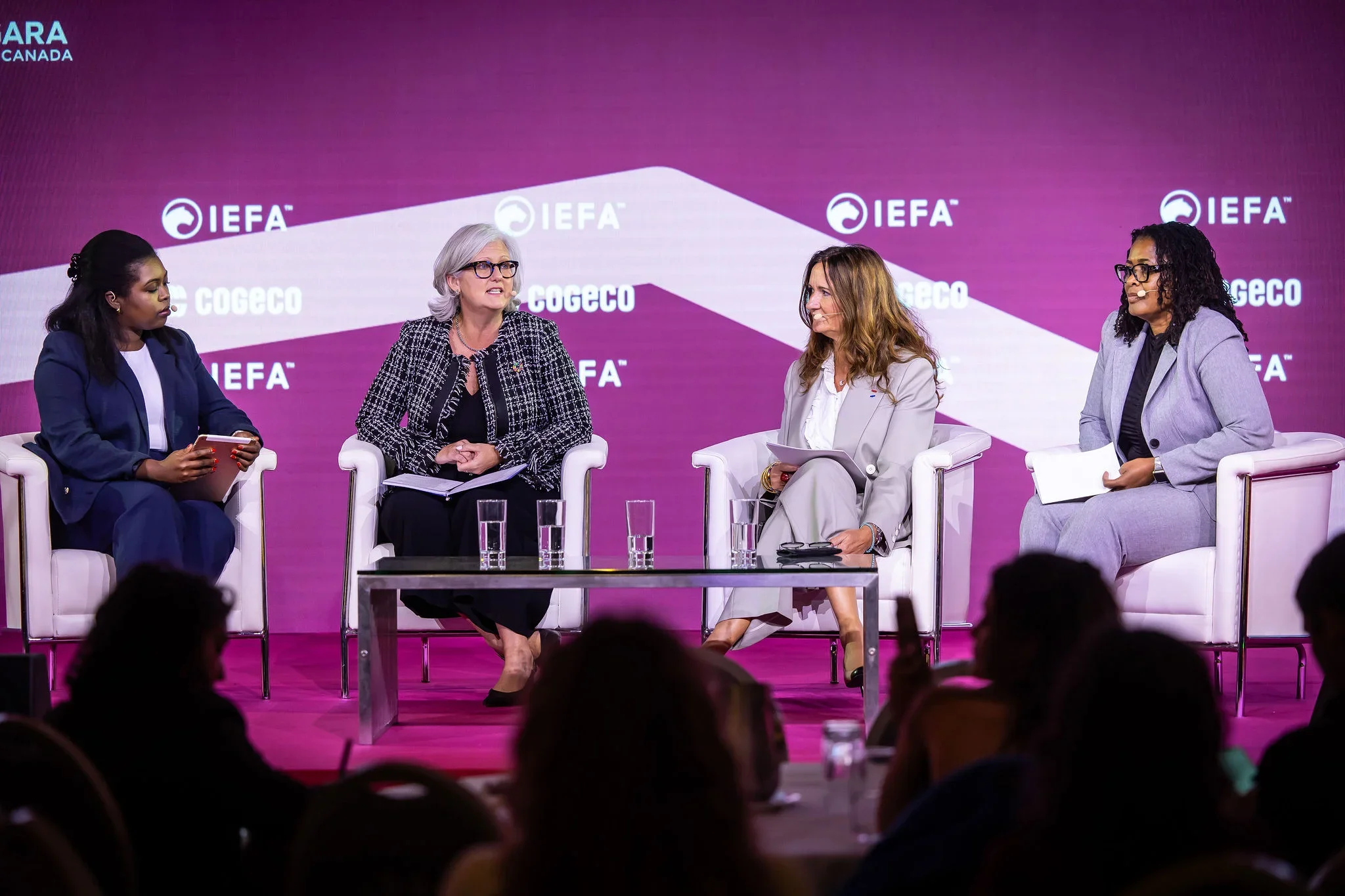
Consult previous events by selecting the "Show Past events" filter above.
Consult previous events by selecting the "Show Past events" filter above.
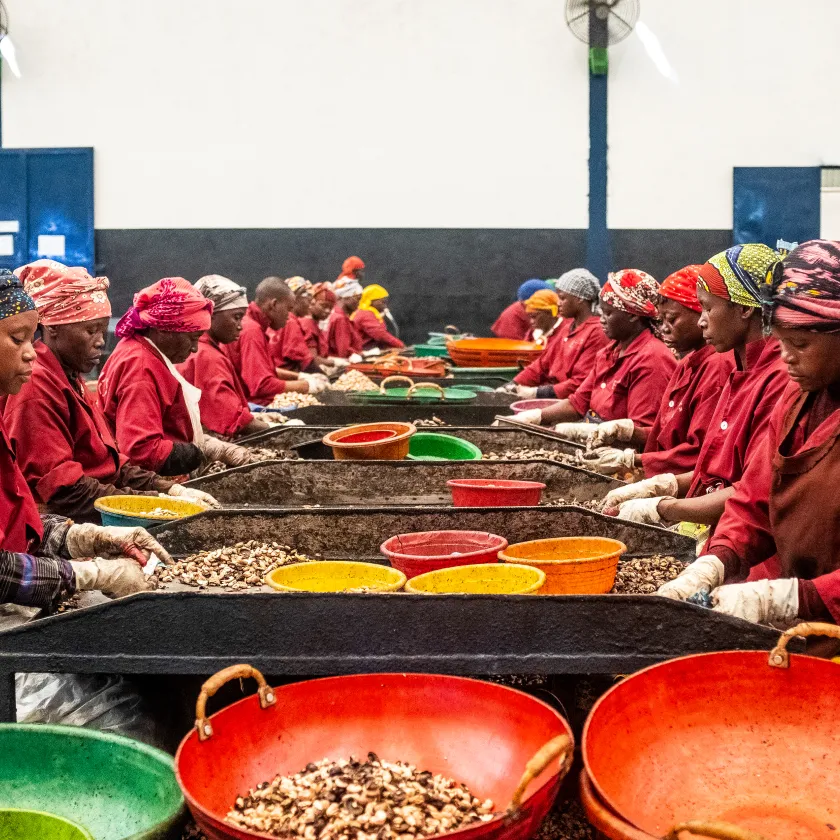
Our impact stories showcase how our clients are supporting inclusive and sustainable development in Sub-Saharan Africa, Latin America & the Caribbean, and the Indo-Pacific region.
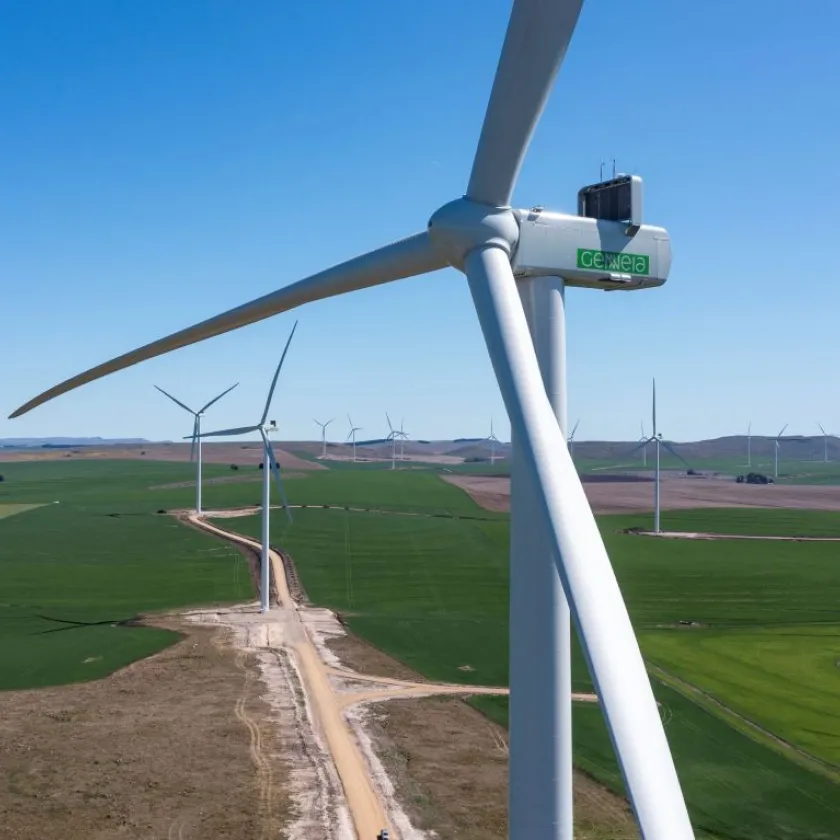
Genneia, a leading renewable energy company in Argentina, exemplifies how private sector initiatives can advance sustainable development and gender equality.

With rising demand for sustainable products, Ecuador's fourth largest bank, Produbanco, exemplifies how integrating climate impact and capacity-building in financial services can strengthen local economies.
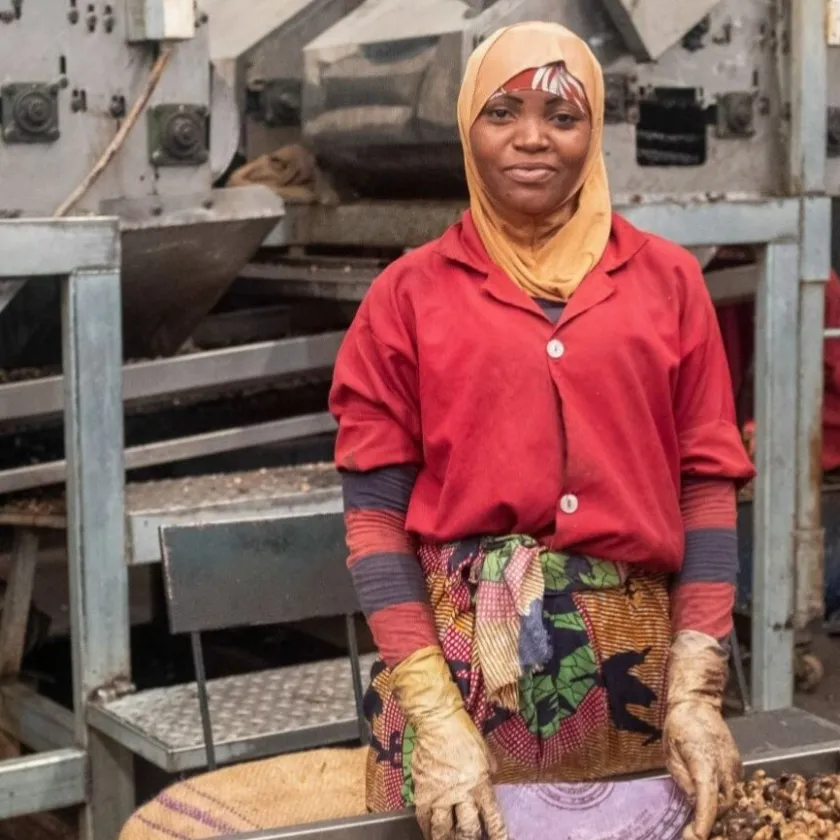
ETG is one of the largest agricultural trading companies in Africa and a key player in several value chains in more than 20 countries across Sub-Saharan Africa. They focus on growing food supply and agricultural exports in the region.
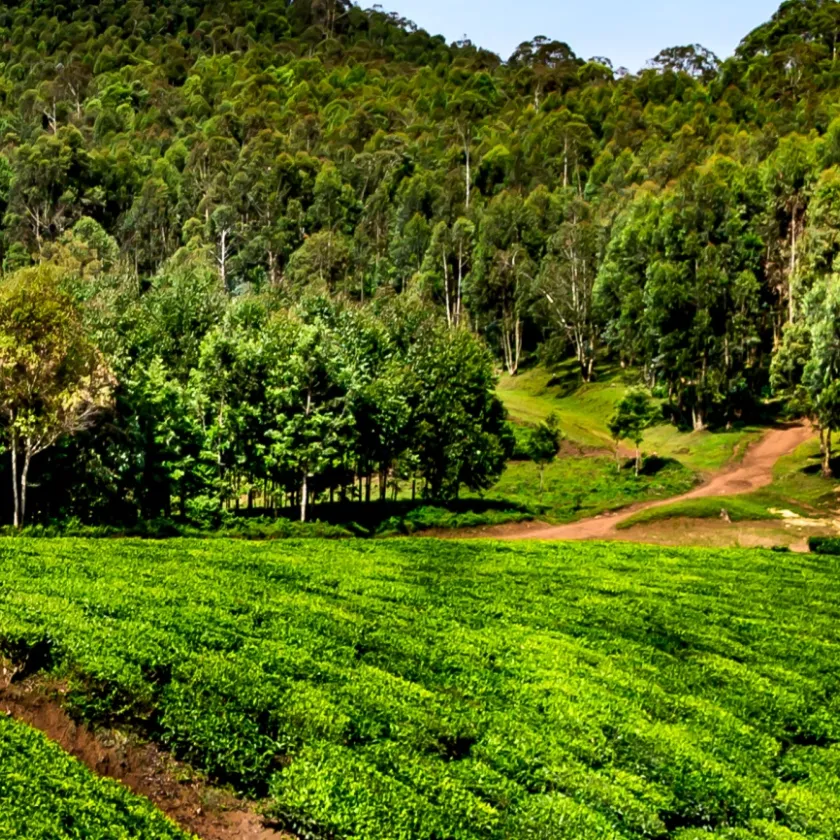
Miro is a West African leading integrated forestry and timber enterprise. They plant a mix of fast‑growing trees and process the wood flow into products from fast‑growing, high‑yield, FSC‑certified trees for both local and international markets.

The Energy Entrepreneurs Growth Fund (EEGF) is a unique fund created in 2019 by Shell Foundation and the Dutch Development Bank, FMO, to make a critical contribution to the access to the energy sector whilst addressing climate change.
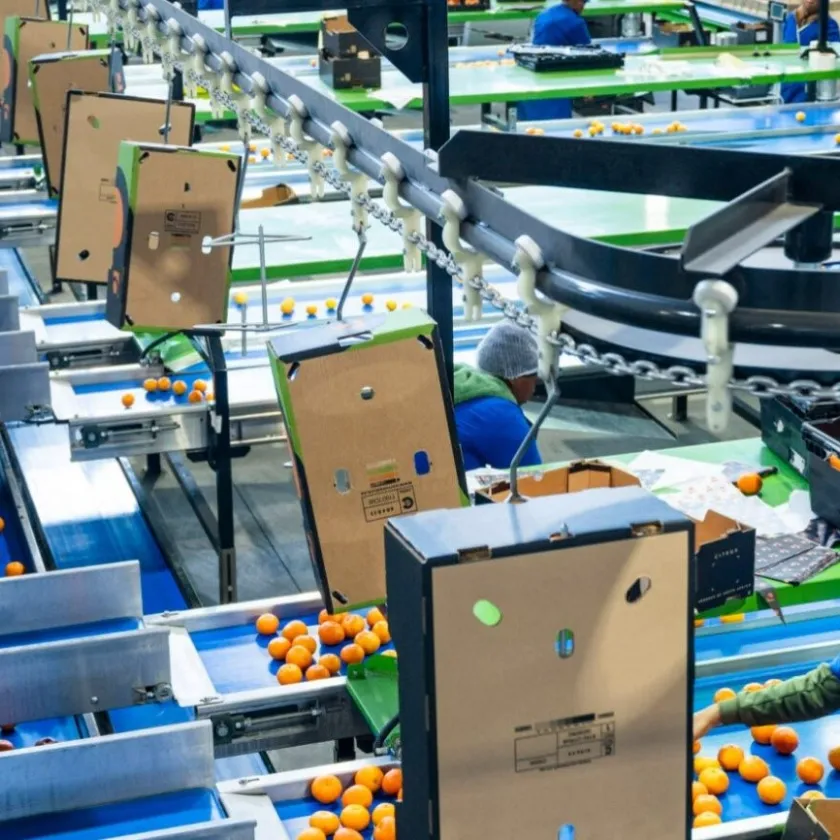
Phatisa Food Fund 2 (PFF2), managed by Phatisa, is a pan‑African private equity fund seeking to service the African consumer around a mandate to “feed Africa” with the expansion of local food production and distribution.









